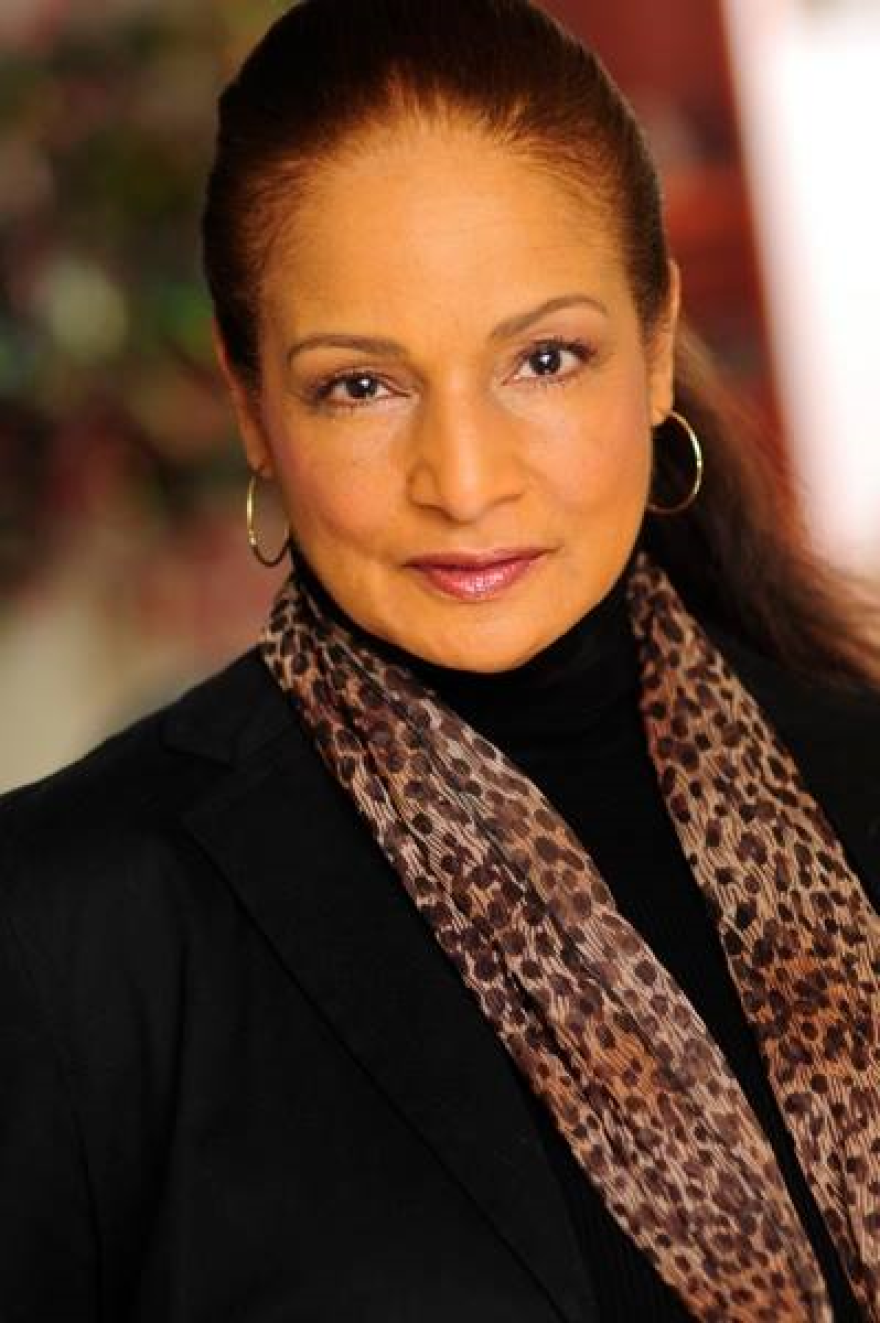What started as a high school reading group in the 1960s has become a way for Kansas City audiences to enjoy some of America’s greatest plays, read aloud by Kansas City finest actors, for free.
When Kip Niven was a student at Shawnee Mission East High School, friends would gather in Frank Dwyer’s living room, Frank’s mother would put out snacks, and they’d read through plays like “You Can’t Take It With You” just for the heck of it.
After high school, Niven went to the University of Kansas and then built his acting career over 15 years in Los Angeles and 9 years in New York City. He moved back about 24 years ago.
“I began thinking about it, now 50 plus years later, about shows that I love that nobody is going to get to produce anymore, just to have the fun of reading aloud,” says Niven.
In 2010, Niven formed Equity Actors’ Readers’ Theater, or EARTh, to present script-in-hand, one-night-only, concert-style performances.
He called up his friend, Doug Weaver, and asked Weaver to suggest 10 or so plays they could start with.

“He said, ‘10? I could get you 1,000!’” Niven recalls.
“Within 24 hours,” concurs Weaver, “I had a list of 40 or 50 at least, if not more.”
In most cases, they perform large-cast works that, with the fallout from the recession, are typically too expensive for full productions in theaters. As a result, the focus turns to the words of the playwright, Weaver says.
“Doing it in concert style setting allows you to strip away and not worry about (sets and costumes and props),” says Weaver, who serves as EARTh’s resident director.
Though performances are free, donations are welcome. That’s in keeping with rules of the Actors’ Equity union.
“Associating with Equity — both practically and, I guess, spiritually, to have it in the name — lets people know that they are not going to be hearing a reading done by amateurs or by people who are hobbyists, but they are in fact professional actors,” says Niven. “We’ve been able to have the cream of the crop — the Who’s Who of Kansas City actors — participate in these.”
This year for the first time, shows will be at the Kansas City Public Library (after readings in a high school auditorium and at the Musical Theater Heritage space at Crown Center). The library, Niven says, doesn’t just provide physical support but is also a “collaborative partner in the creative thinking.”

As part of the library’s recognition of Black History Month, for example, EARTh stages its first African-American play, co-presented with the Black Repertory Theatre of Kansas City.
Niven says he has wanted to work with the Black Repertory Theatre “to celebrate them and to let EARTh patrons know about this new young company in Kansas City that is getting its feet on the ground and establishing its voice.”
Damron Russel Armstrong, founder and artistic director of the Black Repertory Theatre, organized the cast for February 4 reading of August Wilson’s “The Piano Lesson,” part of Wilson's epic ten-play “Pittsburgh Cycle” (one play for each decade of the 20th century).
The play, which won the Pulitzer Prize in 1990, is set in 1936, with tensions between a sister and brother over how best to use a piano their enslaved great-grandfather carved with images of his family. Nedra Dixon plays Berniece and Jerron O’Neal plays Boy Willie in the combative sibling roles.
Though this is her first role in a Wilson play, Dixon has performed with EARTh before.
“It’s a real workout for the actors and director, but it sharpens your senses and sharpens your tool set for sure, because you have to get to the crux of the piece,” she says. “You have to invoke the same kind of imagination and vision in an audience through your portrayal of characters in this reading setting.”

Wilson’s works aren’t new to Kansas City. Recent productions include “Gem of the Ocean” at Metropolitan Ensemble Theater, “Fences” at Kansas City Repertory Theater in 2017 and “Radio Golf” with KC Melting Pot Theater in 2018, with “Seven Guitars” at MET later this month.
But of all of Wilson’s plays, “The Piano Lesson” is Weaver’s favorite, one of his bucket-list plays.
“It’s fascinated me for about 15 years,” he says. “It’s a play of haunting, it’s funny as can be, it’s a sort of memory play at times, but it’s also very much alive and it moves me,” Weaver says.
To Dixon, Wilson’s play is “theater at its best. It not only spurs the imagination but also enlightens one about fellow human beings.”
The same could be said for a group of friends having fun exploring the literature.
“It’s more for the joy of it than anything,” Niven says.
EARTh presents August Wilson’s “The Piano Lesson,” a co-production with the Black Repertory Theatre of Kansas City, 6:30 p.m. Monday, February 4 at the Kansas City Public Library's Plaza Branch, 4801 Main Street, Kansas City, Missouri.
KCUR contributor Libby Hanssen writes the culture blog Proust Eats A Sandwich. Follow her on Twitter, @libbyhanssen.



